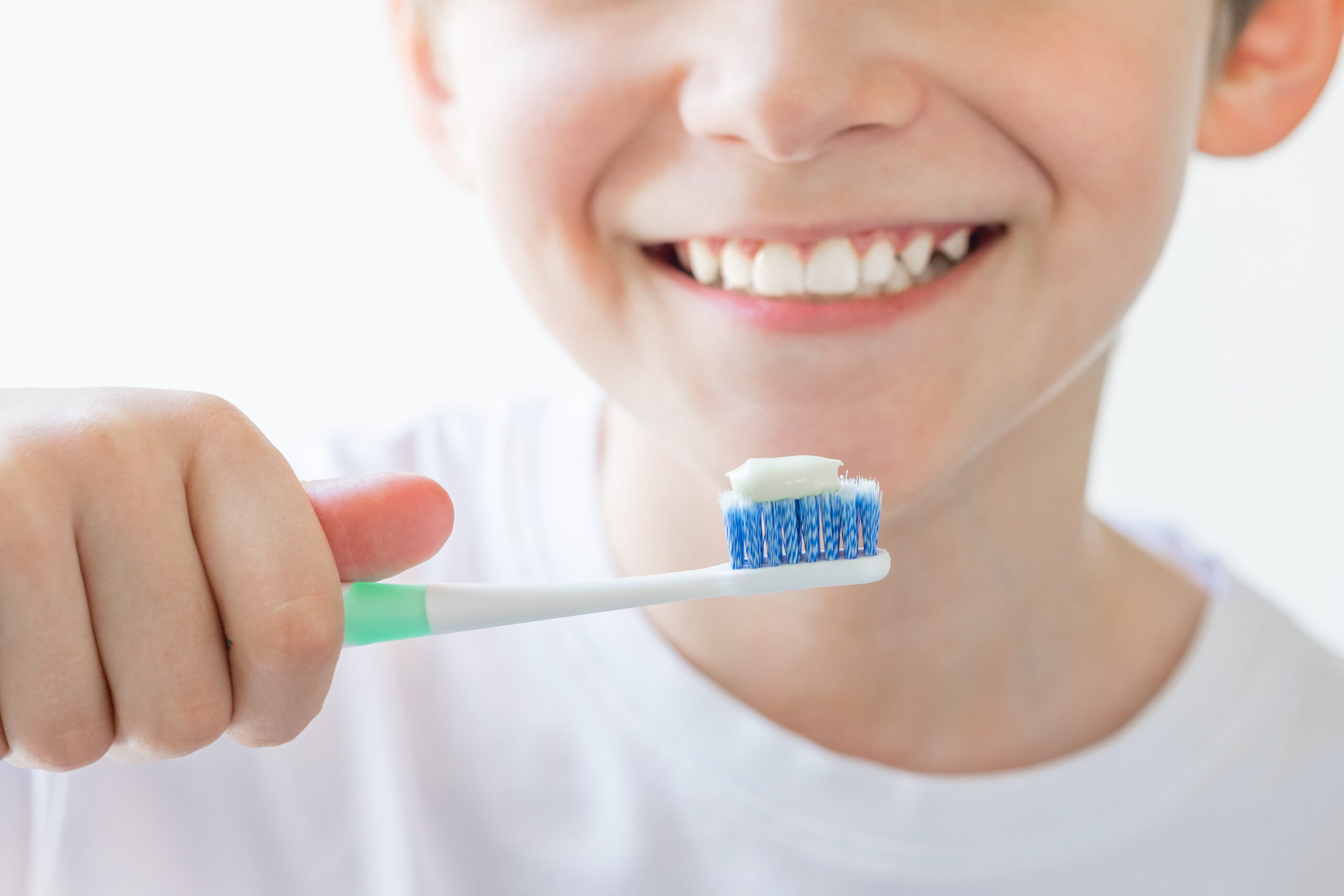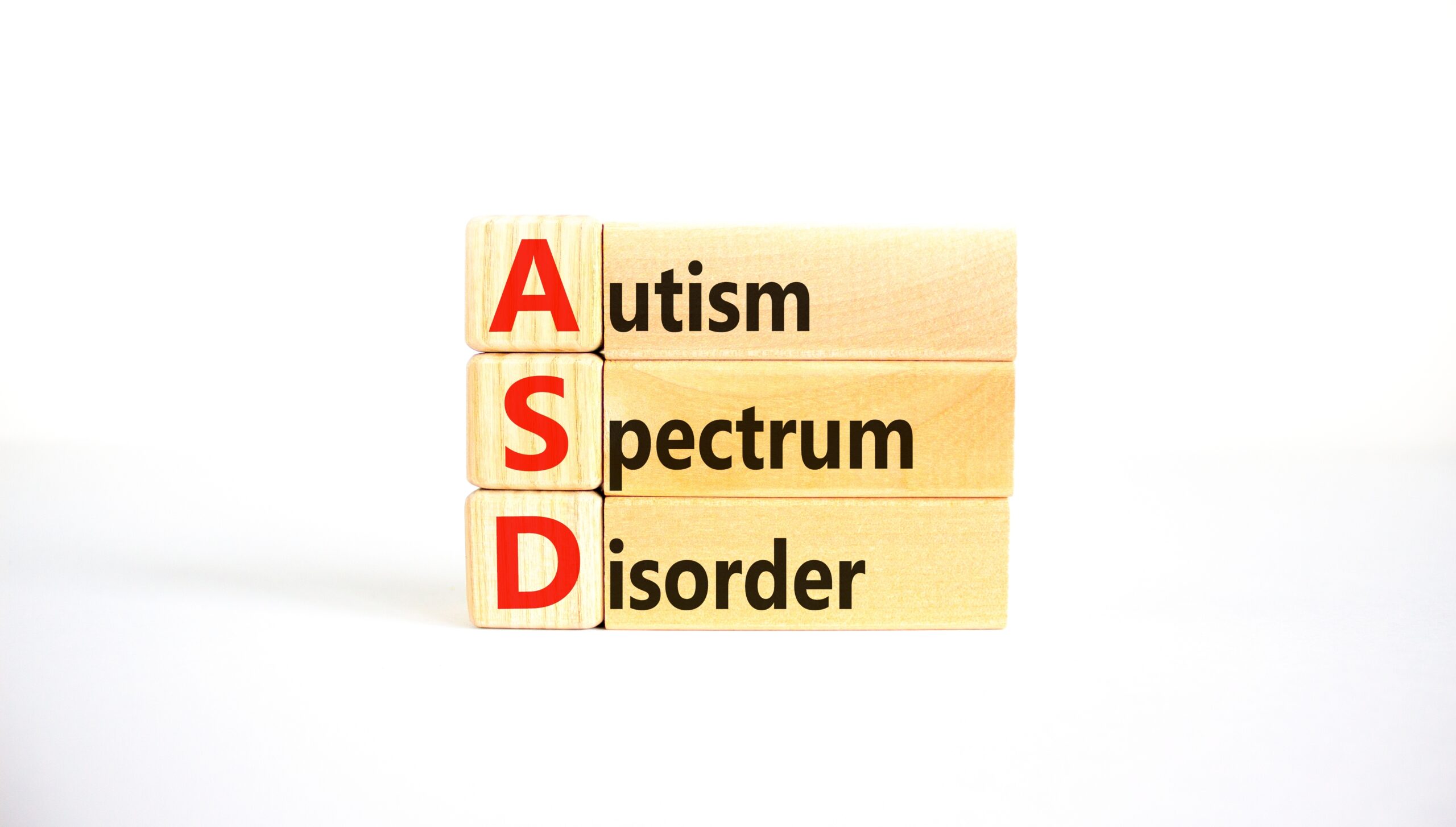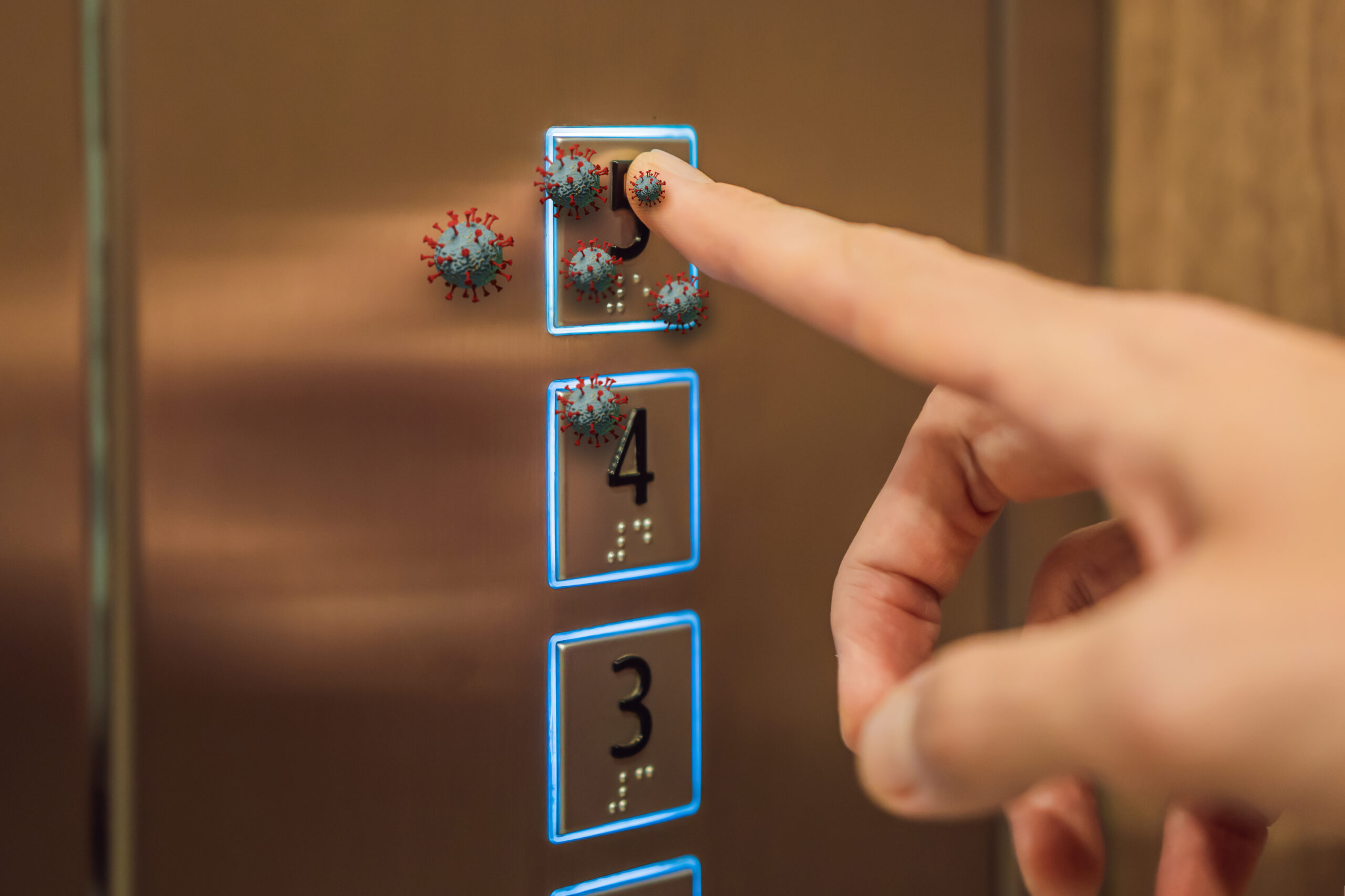That aggressive scrubbing you learned as a child is silently destroying your teeth and gums, turning a healthy habit into a decades-long assault on your mouth.
Story Snapshot
- Hard-bristled toothbrushes cause permanent enamel damage and gum recession despite widespread belief they clean better
- Americans average only 37 seconds of brushing when dentists recommend two full minutes with soft bristles
- Dr. Joy Poskozim warns that outdated brushing myths are leaving older adults “long in the tooth” with irreversible dental damage
- Electric toothbrushes with soft bristles and built-in timers offer the most effective cleaning without harmful scrubbing
The Great Toothbrush Deception
Generations of Americans learned that harder meant cleaner when it came to brushing teeth. This myth took root in the mid-20th century when dental products first hit mass markets and consumers equated vigorous scrubbing with superior hygiene. The reality tells a different story entirely.
Chicago dentist Dr. Joy Poskozim has spent over 25 years treating the damage caused by this misconception. Her patients arrive with worn enamel, receding gums, and the telltale signs of decades spent attacking their teeth instead of caring for them. The irony cuts deep – people damage their oral health while believing they’re protecting it.
When Good Intentions Go Wrong
The shift toward softer bristles began in the 1950s when companies like Colgate introduced nylon alternatives to harsh natural fibers. Yet consumer habits proved remarkably resistant to change. Parents continued teaching children that firm pressure and hard bristles meant thorough cleaning, unknowingly passing down destructive practices.
Dr. Poskozim, a geriatric oral care specialist and certified dementia practitioner, sees the long-term consequences daily in her practice. Older adults arrive with gum lines that have retreated so far they’ve become “long in the tooth” – literally exposing tooth roots that should remain protected beneath healthy gum tissue.
The Science Behind Gentle Care
Modern dental science reveals why aggressive brushing backfires spectacularly. Tooth enamel, while incredibly hard, cannot regenerate once worn away. Hard bristles combined with forceful scrubbing create microscopic scratches that accumulate over years, weakening the protective surface and creating hiding spots for harmful bacteria.
Fluoride toothpaste works through remineralization, not abrasion. The chemical process requires time and gentle contact, not aggressive scrubbing. Dr. Poskozim emphasizes that soft bristles paired with proper technique and adequate time – two full minutes, not the typical 37 seconds most Americans manage – deliver superior cleaning results without causing damage.
Breaking the Cycle of Destruction
Electric toothbrushes represent the evolution beyond manual misconceptions. Their built-in timers ensure adequate brushing duration while soft bristles and controlled oscillation provide thorough cleaning without excessive force. Dr. Poskozim regularly recommends electric options to patients struggling with proper technique or timing.
The stakes extend beyond cosmetic concerns. Poor brushing habits contribute to higher dental treatment costs, increased risk of tooth loss, and reduced quality of life, particularly among seniors. Regional disparities compound the problem, with some areas of the Deep South historically favoring preventative tooth removal and early dentures over proper oral hygiene education.
Sources:
Professional Background – Joy Poskozim DDS
Interview with Dr. Joy Poskozim on Dental Care for Seniors – All Home Care Matters








